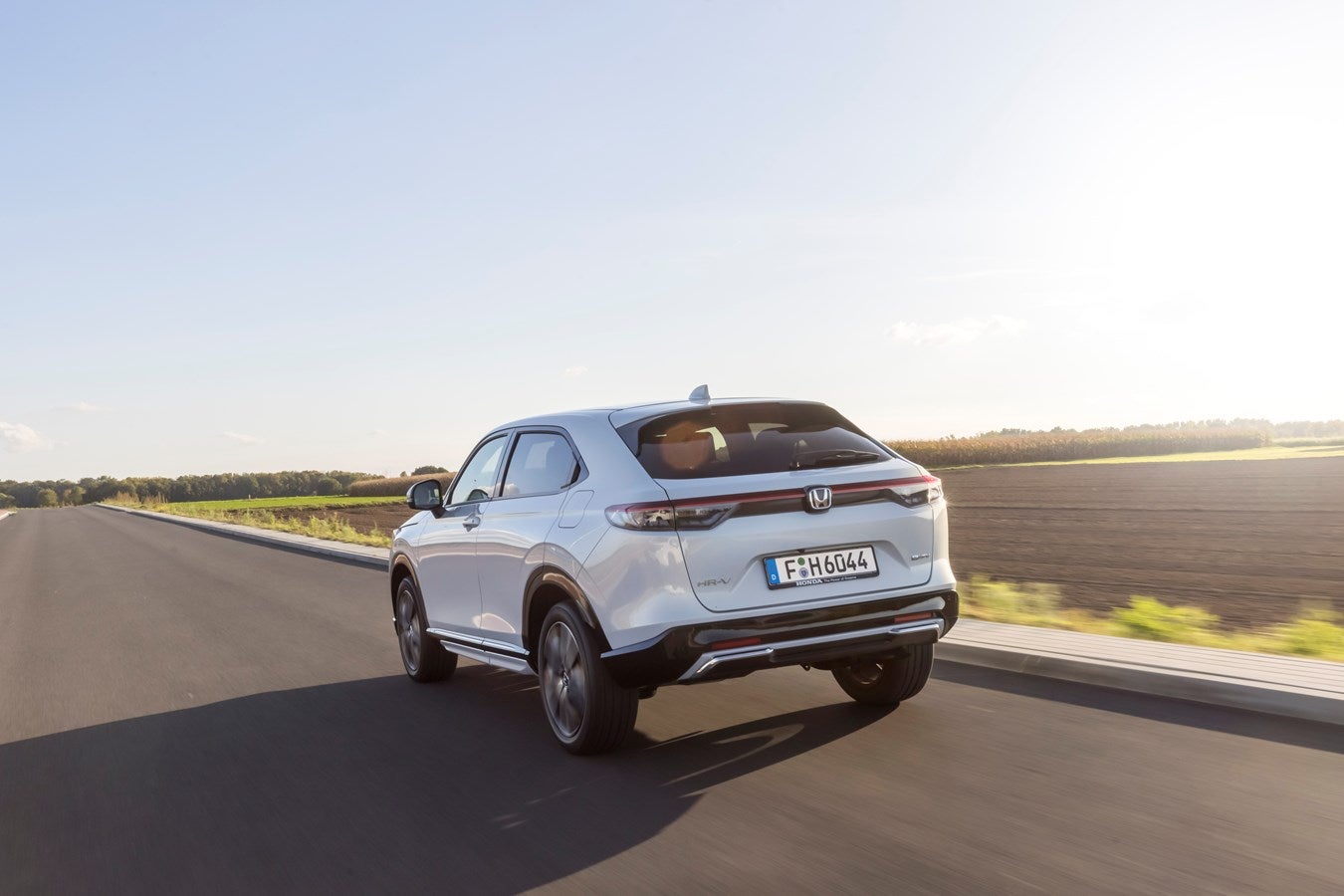
Honda Motor is considering building an electric vehicle (EV) battery plant in Thailand to support the region’s fledging market for electrified powertrains, according to local reports.
The company was understood to be carrying out a feasibility study for the plant which would support future local production of EVs and hybrids.

Discover B2B Marketing That Performs
Combine business intelligence and editorial excellence to reach engaged professionals across 36 leading media platforms.
But, with demand in south east Asia for hybrid passenger vehicles limited and for battery powered models virtually non existent, producing batteries locally instead of importing them from Japan [or China] would potentially increase overall production costs of these vehicles.
Noriyuki Takakura, CEO of the Japanese automaker’s local manufacturing subsidiary Honda Automobile (Thailand), said the company was committed to developing new technology kinder to the environment as part of its commitment to becoming carbon-neutral worldwide by 2050. This included switching the entire passenger vehicle range to ‘zero emissions’ in major markets by 2040.
Takakura added: “We are aware the global car market is moving towards EVs so we will continue to invest in technology in order to catch the trend.”
Takakura said the company’s regional focus would be on hybrid vehicles in the short term, adding: “Honda would increase the number of HEVs to become a market leader.”
The company just launched the redesigned HR-V e:HEV priced from THB979,000 (US$29,568).
Honda expected to sell 85,000 vehicles in Thailand in 2021 with the entire market reaching 750,000.






